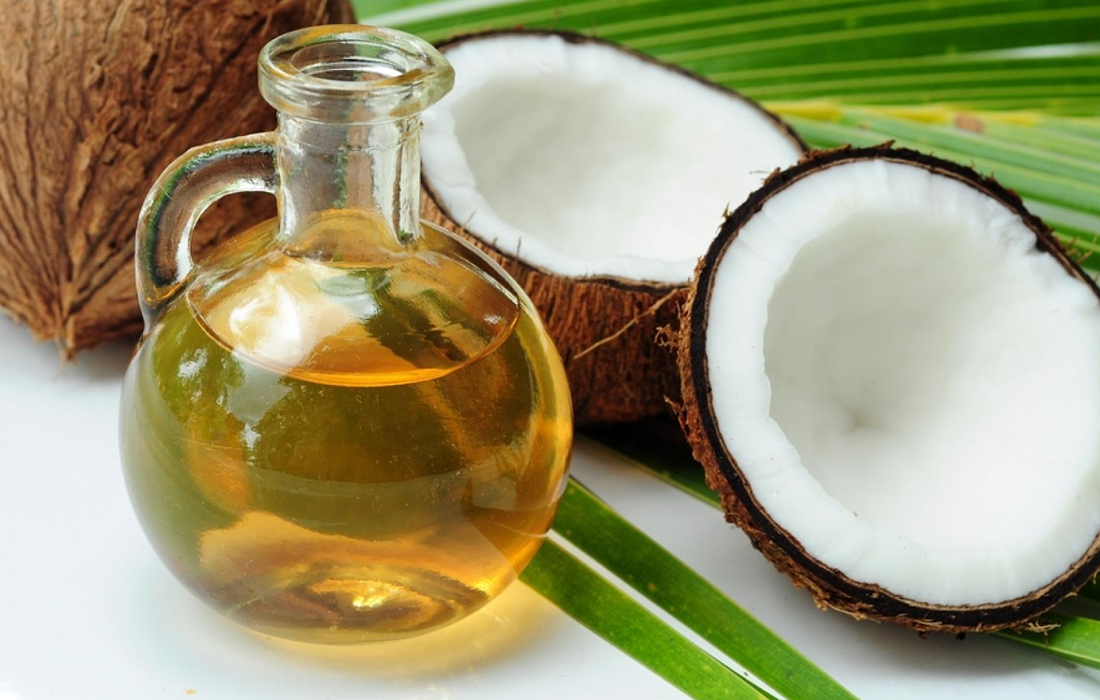Nutrition and Supplements
Can Coconut Oil Really Aid Weight Loss?
Coconut oil has gained considerable popularity in recent years with coconut oil in food and beverages accounting for 26% of food and drink new product launches in 2012, this is an increase from 15% in 2008. This is not surprising given the numerous ways that coconut oil has been identified by the media to potentially improve our lives.
Many media articles promote the consumption of coconut oil for weight loss, advocating similar health benefits to that of medium-chain triglycerides. Coconut oil is said to aid weight loss through a combination of increased energy expenditure and satiety induced by MCT.
MCT are dietary triglycerides with fatty acid chains that are 6–2 carbon atoms in length. Six MCT have a smaller molecular weight than long-chain triglycerides (LCT). This allows them to be more rapidly and completely hydrolyzed and absorbed when there are decreased intraluminal concentrations of pancreatic enzymes and bile salts. During digestion they are converted to medium-chain fatty acids and transported to the liver, as opposed to being transported as chylomicrons in the lymphatic system like LCT, which makes them less likely to deposit into adipose tissue.
It has been proposed that MCT can affect satiety via a number of mechanisms; however, a lot is still unknown. Some studies indicate that the increase in satiety may be due to the rapid rate of absorption.
Something important to make clear is that MCT oil and coconut oil are not the same thing. Lauric acid (carbon chain length 12) is found in much larger quantities in coconut oil, making up 47.7% of the total fat, where no lauric acid is found in MCT oil. In total only ~ 23.16% of the coconut oil contains MCTs that are absorbed and metabolized in the same way as pure MCT oil.
Some studies have shown that a dose as low as 5 grams of MCT per day is sufficient to have beneficial effects on weight management then 21.6 grams of coconut oil would be required to obtain sufficient amounts of medium chain fatty acids. Since current guidelines limit the intake of saturated fats to a maximum of 21g in females and 31 g in males, the lowest dose of coconut oil required to have the positive effect would require to reach or almost reach the total saturated fat intake for the day.
Current data suggest that the use of coconut oil as a practical means of increasing satiety is not credible. The research available on the use of coconut oil on satiety and energy expenditure is limited and particularly there have been no long-term clinical trials looking at the effects on weight loss. Even though some studies have shown some benefit in parameters like increase in HDL cholesterol, there is insufficient evidence to say that it can aid weight loss and further studies need to be made.
Source:
Clegg, M. They say coconut oil can aid weight loss, but can it really?. Eur J Clin Nutr 71, 1139–1143 (2017).

